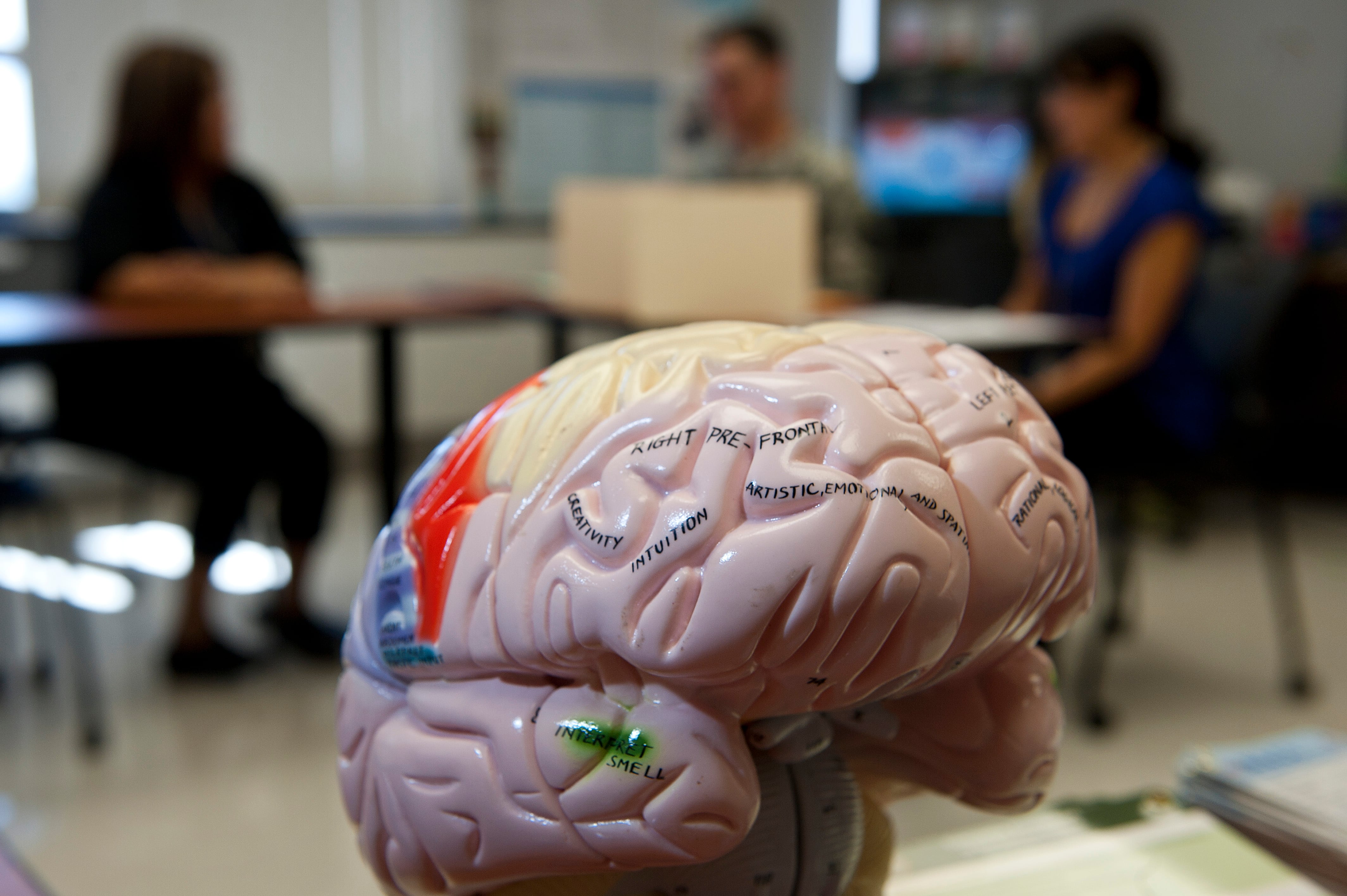Military veterans who suffered from traumatic brain injuries in combat experienced “remarkable” improvements after taking the experimental psychedelic drug ibogaine, according to a ground-breaking study on the substance’s medicinal potential.
The first-ever study of ibogaine — a substance found in the root bark of an African shrub traditionally used in religious and healing ceremonies — yielded positive results in treating traumatic brain injuries. Researchers from Stanford University conducted the study, providing the drug to 30 Special Operations Forces veterans who suffered from predominantly mild traumatic brain injury.
Researchers additionally found ibogaine was more effective in treating traumatic brain injury than cognitive rehabilitation, psychotherapy or medications that target specific symptoms.
“Our study provides initial evidence that suggests that [ibogaine] could be a powerful therapeutic for the ... symptoms that can emerge following [traumatic brain injury] and repeated exposure to blasts and combat, including suicidality,” according to the report.
The study comes on the heels of legislation in the fiscal 2024 defense policy bill meant to explore the medicinal properties of numerous psychedelics, including ibogaine, with service members declared as eligible to take part. If approved by Defense Sec. Lloyd Austin, any member of the military diagnosed with either post-traumatic stress disorder or traumatic brain injury can take part in a clinical study that uses authorized funds from the Pentagon.
The timing of the ibogaine study and legislation on government-funding for psychedelic studies comes at a consequential time for the veteran community.
According to the Department of Veterans Affairs, veterans of Operation Iraqi Freedom and Operation Enduring Freedom suffer from near-epidemic levels of PTSD, with nearly 30% of those veterans reporting PTSD symptoms at some point in their lives.
Suicide levels among veterans are higher than what the federal government once thought, too. America’s Warrior Partnership, working with the University of Alabama and Duke University, found thousands of suspected or confirmed veteran suicides in eight states from 2014 to 2018 that were not counted by federal officials.
“This research has the potential to reduce the stigma around one of the therapeutic approaches that demonstrates a substantial improvement from combat-related TBI and PTSD,” Amber Capone, CEO of Veterans Exploring Treatment Solutions, told Military Times. “What we are witnessing is not just theoretical optimism but a tangible beacon of hope for reshaping the recovery journey for our community.”
Ibogaine, meanwhile, remains constrained by its classification as a Schedule I drug under the Controlled Substances Act, according to researchers. That indicates there is no “currently acceptable medical use and a high potential for abuse” — along with concerns over toxins impacting the brain and heart.
Researchers noted, though, that those concerns could be mitigated through proper dosing, accounting for preexisting conditions and taking magnesium. More studies are needed to determine such factors.
“The results from this first study are dramatic, and we intend to study this compound further,” Associate Professor Nolan Williams, who led the study, told Military Times.
Zamone “Z” Perez is a reporter at Military Times. He previously worked at Foreign Policy and Ufahamu Africa. He is a graduate of Northwestern University, where he researched international ethics and atrocity prevention in his thesis. He can be found on Twitter @zamoneperez.





